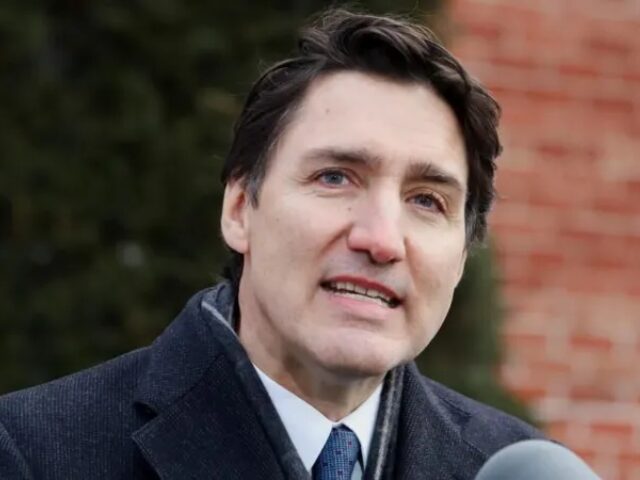Outgoing Canadian Prime Minister Justin Trudeau has rejected US President-elect Donald Trump’s threat to annex Canada, saying there was “not a snowball’s chance in hell” that Canada would join the United States.
Trump’s remarks, made during a press conference, included a suggestion that Canada could become the “51st state,” alongside warnings about economic and security matters.
He expressed frustration over what he described as Canada’s reliance on U.S. resources and suggested that the US could use “economic force” to push Canada into a closer union.
In response, Trudeau emphasised the strong trade and security partnership between the two nations. On social media, he wrote, “Workers and communities in both our countries benefit from being each other’s biggest trading and security partner.”
1736324663-0/sidra--(5)1736324663-0.png)
This comes amid growing concerns about Canada’s economy, which is already under pressure. In 2023, nearly $2.5 billion worth of goods and services crossed the U.S.-Canada border daily, making the U.S. Canada’s largest trading partner. Economists warn that Trump’s threats could damage the Canadian economy if implemented.
As a political transition continues in Canada, with Trudeau announcing his resignation and planning to remain in office until a new leader is selected by late March, provincial leaders such as British Columbia Premier David Eby are preparing to lobby in Washington against Trump’s proposed measures.
Other Canadian leaders, including Ontario Premier Doug Ford, have strongly rejected the idea of annexation and warned of retaliatory actions, particularly in the event of economic sanctions.
Trudeau’s government has already taken steps to enhance border security, with new initiatives aimed at combating transnational organized crime, but the threat of tariffs and political instability in both countries adds a layer of uncertainty to future relations.







